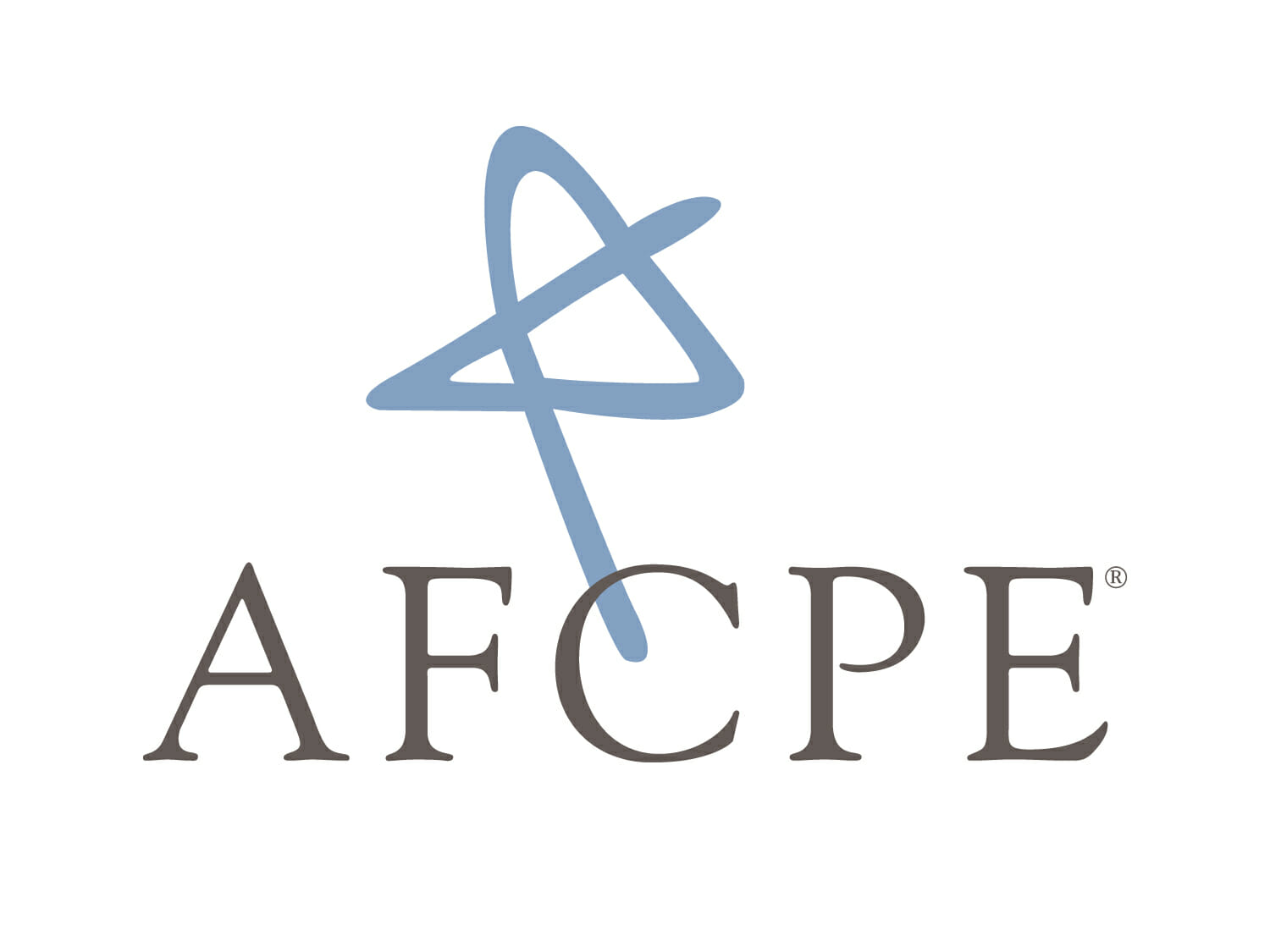Initial Results and Continuing the Discussion
As Financial Literacy Month comes to an end, we are excited to share the results of AFCPE’s Field Research Survey. The survey results represent the collective ideas and insights from practitioners, researchers and educators in the field of personal finance. AFCPE Members were eager to share the research and resources that they find valuable in their work, but what is also clear is that there are areas of opportunity for expansion and enhanced knowledge.
The professionals responding to the survey categorized their work as:
Educator: 57%
Practitioner: 29%
Researcher: 6%
The top research categories you expressed the most interest in included:
- Behavioral Economics
- Capability
- Counseling
- Military
- Practice
- Retirement/Investing
Within these categories and among others, the research and resources listed below were repeatedly cited (in no particular order):
Behavior Change
Many respondents included various articles by Albert Bandura and James Prochaska that provide insight to help determine a person’s readiness to change and how they might affect change. While various follow-up studies have been done, below are two of their early impactful studies:
- Albert Bandura “Self-Efficacy: Toward a Unifying Theory of Behavior Change” 1977
- James Prochaska and Carlo Di Clemente “Transtheoretical Therapy: Toward a More Integrative Model of Change” 1982
Sustainable Withdrawal
A popular question in retirement discussions is “How much do I need to retire?” William Bengen provides insight to answering this question and more specifically to identifying the amount retirees could historically withdraw from their retirement accounts without running out of money. Below is a link to Bengen’s initial work. Wade Pfau and others are doing further research in this area.
Financial Counseling Theory
While most financial professionals are not focused on the use of financial counseling theory in their daily work, when applied theory can guide the work being done in education and in practice.
- Albert Ando and Franco Madigliani “The Life-Cycle Hypothesis of Saving” 1963
- Sharon Danes and Yunxi Yang “Assessment of the Use of Theories within the Journal of Financial Counseling and Planning and the Contribution of the Family Financial Socialization Conceptual Model” 2014
Financial Capability and Wellness
Many respondents found reports that shed light on the current state of Americans and how they manage their personal finances to be informative and valuable. Links are provided below for two specific sources.
- FINRA “Financial Capability in the United States” 2012 and FINRA “Financial Capability in the United States Report of Military Findings” 2012
- CFPB “Financial Well-Being: The Goal of Financial Education” 2015
Behavioral Economics
Behavioral Economics is an increasingly popular and influential area of personal finance. While few specific articles or studies were sited in our survey, the field in general was referenced repeatedly. Below is one article that was cited along with a few of the leading researchers in this area:
- Daniel Kahneman and Amos Tversky “Prospect Theory: An Analysis of Decision under Risk” 1979
- Leading Researchers Include: Dan Ariely, BJ Fogg, Malcom Gladwell
Financial Literacy & Outcomes
It is important that we measure the work being done in financial counseling, literacy and education, in order to provide project managers and policy makers with the information needed to affect change. Below are some articles recommended that discuss outcomes and how to measure them:
- Mandel and Klein “The Impact of Financial Literacy Education on Subsequent Financial Behavior.” 2009
- Hastings, Madrian & Skimmyhorn “Financial Literacy, financial education and economic outcomes” 2013
- Sandra Huston “Measuring Financial Literacy” 2010
- Collins & O’Rourke “Finding a Yardstick: Field Testing Outcome Measures for Community-based Financial Coaching and Capability Programs” 2013
This is just a preliminary look at what you shared with us. We believe that the information you provided in this survey represents the foundation of AFCPE membership. It illustrates the diversity of our members and by building upon this feedback and continuing these conversations, together we can build a bridge that:
- Links practitioners and educators with resources that can positively impact the work that you do and the way you approach your clientele.
- Provides our researchers with practical implications for future research.
As we compile the comprehensive results of our survey, to be released prior to the 2015 AFCPE Symposium in November, we hope you will utilize some of the broader resources and research that was shared. But our larger hope is that this valuable conversation will continue.
Feedback
We invite you to comment in the notes section below and join us for the 2015 AFCPE Research & Training Symposium this November. The symposium is a unique opportunity where researchers, educators and practitioners come together to continue these valuable dialogue, share ideas and resources and work together to advance our field. Additional questions or comments, email Thomas Duffany at tduffany@afcpe.org.
What research do you think is missing? Are there topic areas that should be added?

Leave a Reply